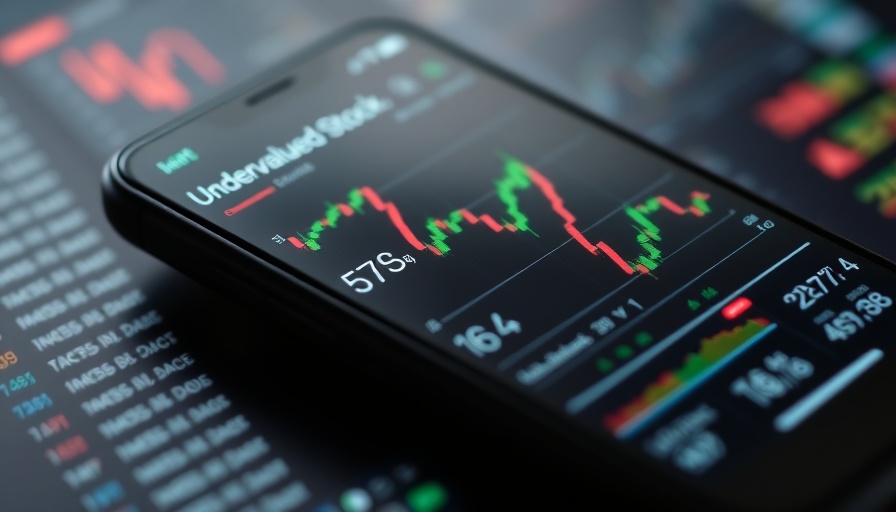
South Korea's Urgent Diplomatic Mission Amid Trade Pressures
In a high-stakes diplomatic gesture, South Korea's national security adviser, Wi Sung-lac, has made his way to Washington D.C. just ahead of a pivotal August 1 deadline set by President Donald Trump. This deadline looms large for South Korea as it faces the prospect of steep tariffs if a trade agreement isn't reached. This visit comes on the heels of Wi's previous discussions with U.S. officials, highlighting the grave necessity of negotiating a favorable outcome for both nations.
Understanding the Stakes: Tariffs and National Security
The potential imposition of a 25% tariff on South Korea signifies more than just economic implications; it poses a critical test for President Lee Jae Myung, who has taken office only recently. The tariffs could severely impact trade relations, provoke retaliatory measures, and signal a broader shift in international trade policies. As Wi's trip progresses, the stakes continue to rise, underscoring the intricate link between trade and national security in both nations.
The Importance of Early Diplomatic Engagement
In diplomacy, good communication can often prevent a crisis. Wi Sung-lac's return to Washington reflects South Korea's proactive approach to international relations in this tense scenario. Meeting with figures like U.S. Secretary of State Marco Rubio, he has introduced proposals for expanding discussions beyond tariffs to include investments and security matters, emphasizing a collaborative path forward. This broadened dialogue is crucial for building trust and understanding, especially when economic threats loom ahead.
Negotiating Strategy: The Interplay of Trade and Security
The complex relationship between trade and national security cannot be overstated. As Wi moves through Washington, he not only negotiates tariffs but also layers of security cooperation. The proposals put forward for an early summit between the countries' leaders may hint at long-term strategies to ensure both economic stability and national security cooperation in response to rising global tensions.
Responses from Business and Trade Experts
Economists and business leaders are watching these developments closely, with mixed feelings about the potential outcomes. Some express optimism that diplomatic talks will ease tensions and lead to a fair resolution, while others voice concerns about the potential negative impacts of delayed negotiations on investments and trade flows. Understanding these dynamics can offer valuable insights for investors looking to navigate the turbulent waters of international trade and economic policy.
What This Means for Investors: Navigating Trade Challenges
As trade negotiations unfold, investors must remain vigilant and adaptive. The potential changes in tariffs can greatly influence various sectors, particularly those heavily reliant on trade with South Korea. Familiarity with foreign markets and equity exposure can help investors make informed decisions. Strategies like portfolio diversification and proactive asset management can provide a buffer against market volatility stemming from geopolitical tensions.
Key Takeaways: How to Stay Informed and Prepared
For anyone investing in sectors impacted by international trade, keeping abreast of these developments is essential. Understanding tariff implications, staying informed on trade agreements, and aligning investment strategies with the current landscape can position investors favorably. Using tools such as investment research platforms and market analysis apps can offer substantial advantages in tracking trends and making calculated decisions.
Conclusion: Be Prepared for Market Fluctuations
The next few weeks are critical as South Korea seeks to secure a favorable outcome before the tariff deadline. Businesses and investors alike must prepare for potential market fluctuations resulting from these negotiations. While this situation may pose challenges, it also presents opportunities to assess investment strategies. Stakeholders should engage in ongoing research and consider the impacts of international dynamics on their portfolios, keeping long-term growth in mind.
 Add Row
Add Row  Add
Add 



Write A Comment